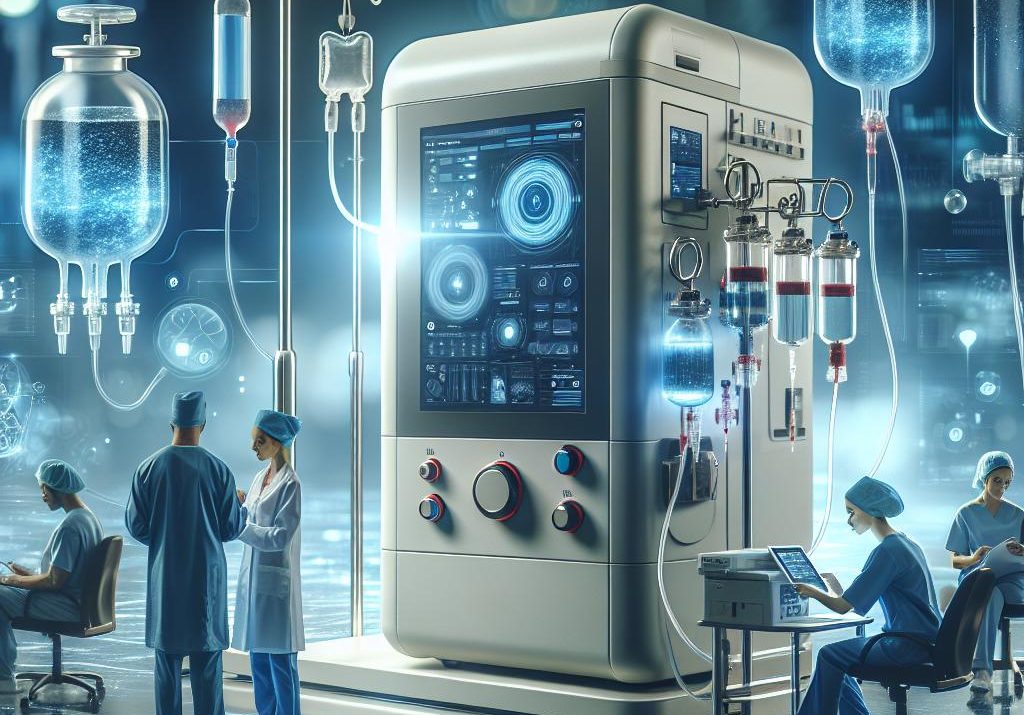Fresenius Kabi received FDA 510(k) clearance for its Adaptive Nomogram, an algorithm designed to optimize plasma collection efficiency for its Aurora Xi Plasmapheresis System. This new technology allows for personalized plasma collection, increasing average yield by 11.5% while maintaining donor safety. The clearance was based on a successful clinical trial involving over 52,400 procedures at Takeda’s BioLife Plasma donation centers.
This advancement is crucial for the plasma-derived therapies industry. Increased collection efficiency translates to a greater supply of plasma, addressing the growing demand for these essential treatments. The personalized approach also improves the donor experience, potentially encouraging higher donation rates and further bolstering the plasma supply.
The clinical trial demonstrated an average increase of 88.0 mL of plasma per donation using the Adaptive Nomogram. While procedure times increased by an average of 3 minutes and 37 seconds, the primary safety endpoint regarding hypotensive adverse events was met. Takeda’s BioLife Plasma donation centers will be the first to implement this new technology.
This FDA clearance positions Fresenius Kabi at the forefront of plasma collection technology. Wider adoption of the Adaptive Nomogram has the potential to significantly impact the global plasma supply, improving access to critical therapies for patients with a range of conditions. This innovation may also incentivize other companies in the industry to invest in similar technologies, driving further advancements in plasma collection efficiency and donor experience.
Jon Napitupulu is Director of Media Relations at The Clinical Trial Vanguard. Jon, a computer data scientist, focuses on the latest clinical trial industry news and trends.






